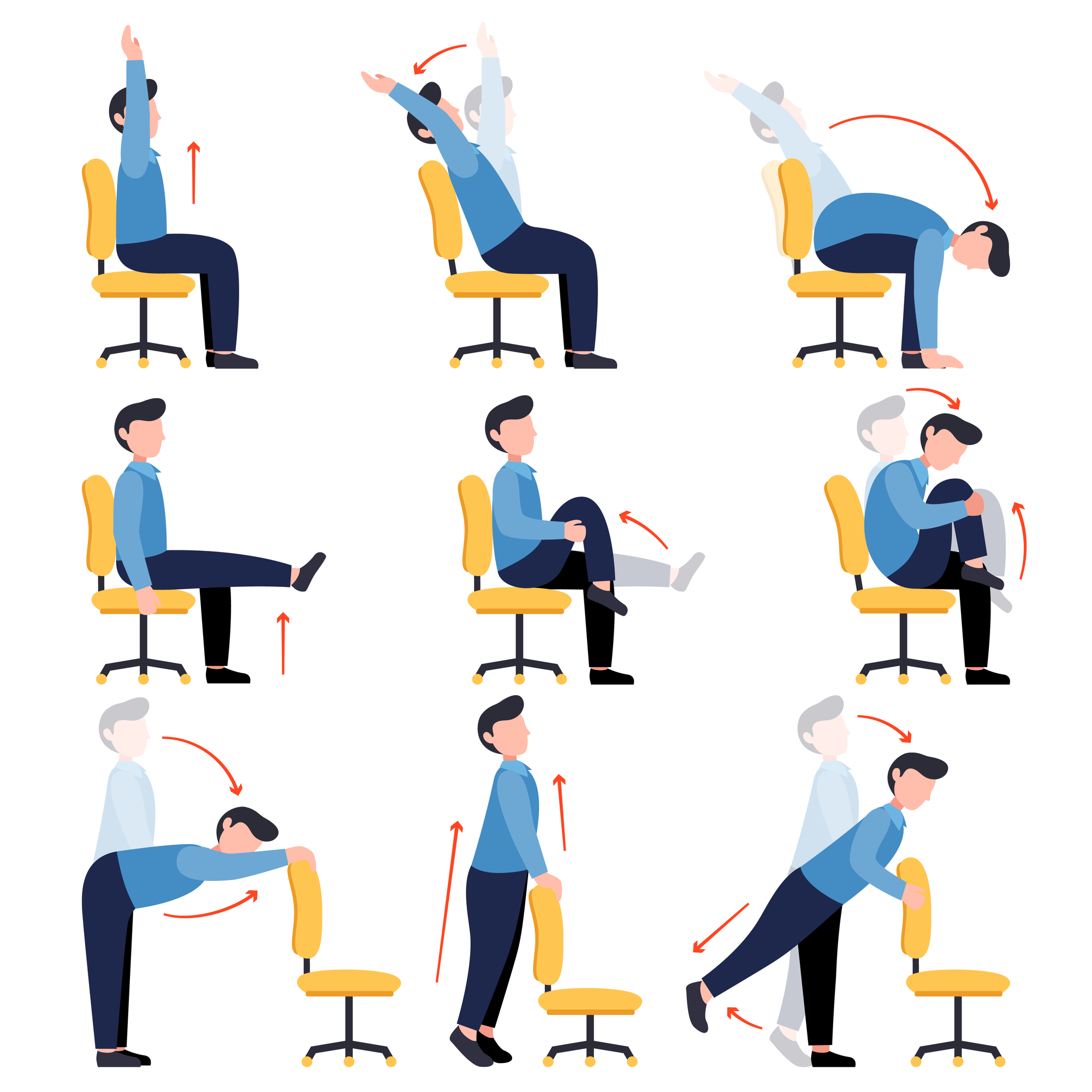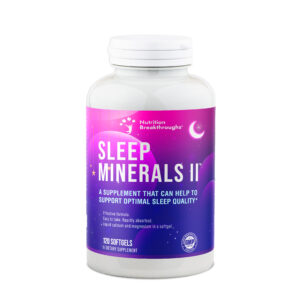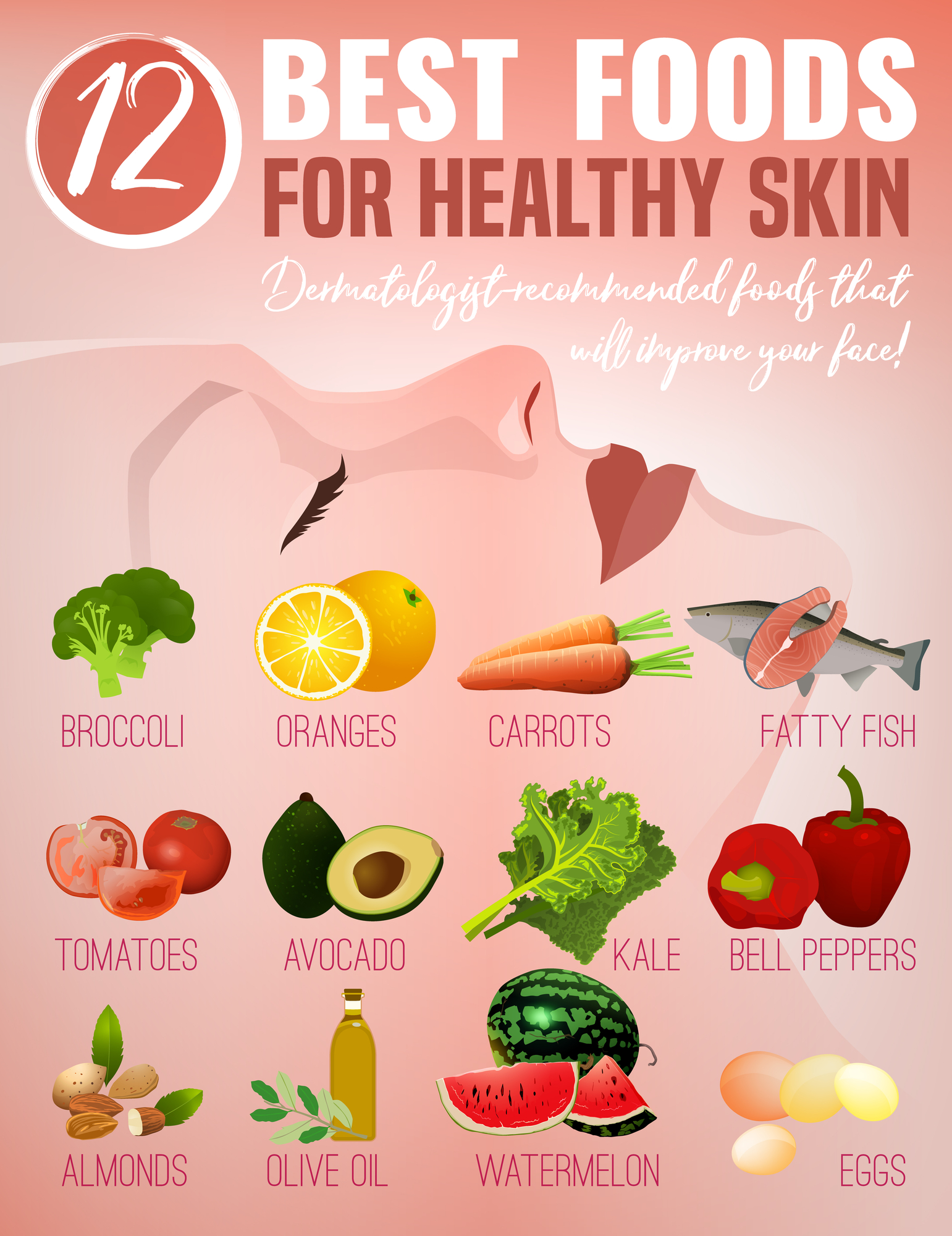Vitamin D is known as the “Sunshine Vitamin” as spending time outdoors in the sun is known to increase vitamin D in the body via the skin.
Our ancestors spent a considerable amount of their time outdoors, but for the first time in history, large amounts of the world population spend most of their time inside their offices and homes.
The American Journal of Clinical Nutrition recommends some regular sun exposure (usually 5–10 min of exposure of the arms and legs or the hands, arms, and face, 2 or 3 times per week) and increased dietary and supplemental vitamin D to guarantee getting enough and preventing a vitamin D deficiency. The foods highest in vitamin D are featured in the chart below.
Vitamin D supports healthy bones, reduces diabetes risk, strengthens the immune system, remedies insomnia and soothes skin conditions. One study on vitamin D supplements for people with insomnia was published in the journal “Medical Hypothesis”. The researchers followed 1500 patients over a 2 year period. A consistent level of vitamin D3 was maintained in their blood over many months.
This produced normal sleep in most of the participants, regardless of their type of sleep disorder. During the research, the authors discovered the presence of high concentrations of vitamin D “receiving sites” or “receptors” in those areas of the brain that are related to the onset and maintenance of sleep.
Vitamin D supports healthy bones. Vitamin D deficiency is a known cause of rickets (soft bones) in children and osteoporosis in adults.The pioneering nutritionist Adelle Davis writes about vitamin D in her book “Let’s Get Well”. She says: “Vitamin D increases calcium absorption…and controls the enzymes necessary to deposit minerals in bones and teeth. This vitamin can be produced on the skin by sunshine provided the oils have not been washed off (the skin).”
A study from the Journal of Investigative Medicine found that vitamin D has important functions beyond those of supporting calcium and bones in the body. It concluded that vitamin D is a boost to immunity and a deficiency of the vitamin is common in autoimmune disease – a disease where the body’s immune system attacks healthy cells by mistake. These include multiple sclerosis, rheumatoid arthritis, diabetes and inflammatory bowel disease.
As an example, 3 ounces of sardines provides 164 IU (international units) of vitamin D and this is 41% of the recommended daily intake of 400 IU. Daily values are developed by the U.S. Food and Drug Administration to help provide a general guideline, however doses of 1,000 or more daily are not uncommon.
Good vitamin D foods include cod liver oil, sardines, salmon, mackerel, eggs, herring, raw mushrooms, yogurt, cheese and liver.
This health news is shared by Nutrition Breakthroughs, a provider of natural health articles and effective natural remedies since 2001. Nutrition Breakthroughs makes the original calcium and magnesium based sleep aid Sleep Minerals II, as well as Joints and More, the natural solution for joint relief, aches and pains and stronger hair and nails.












